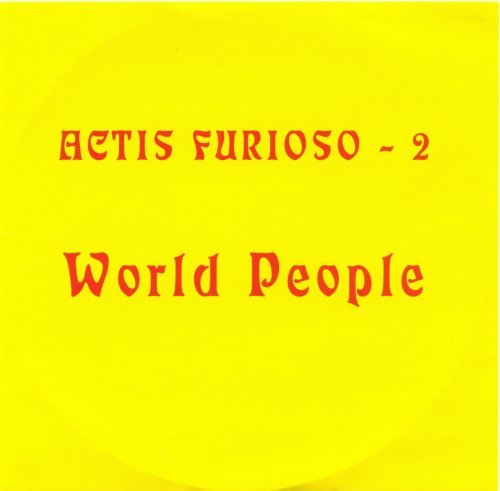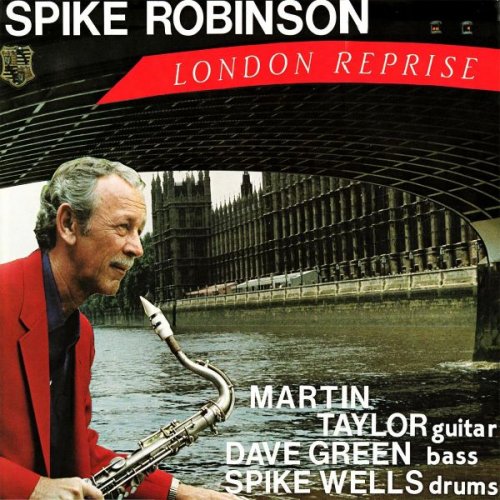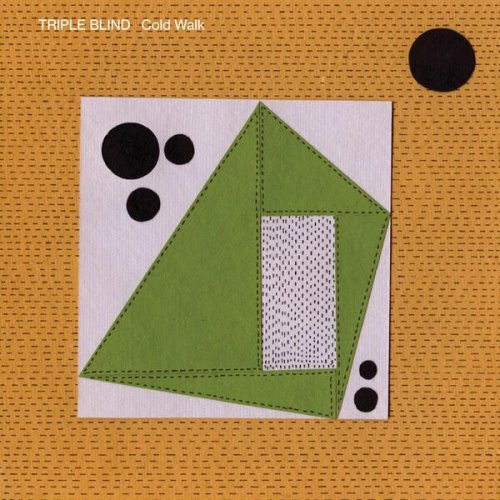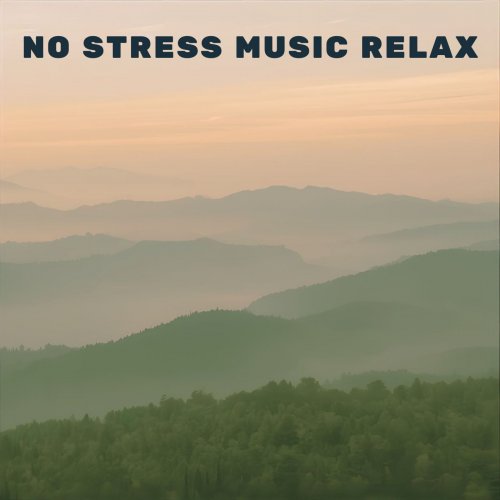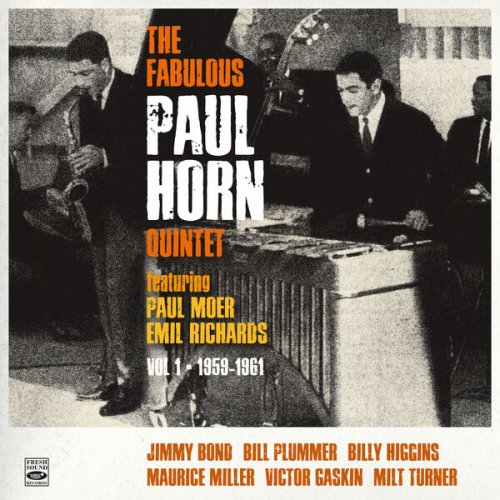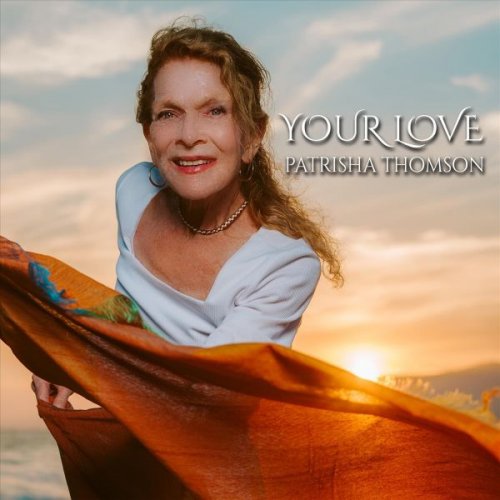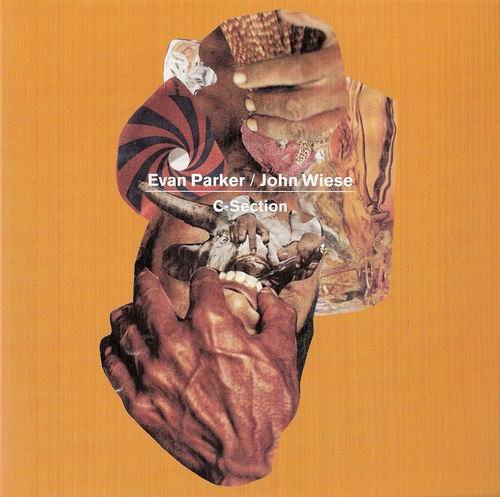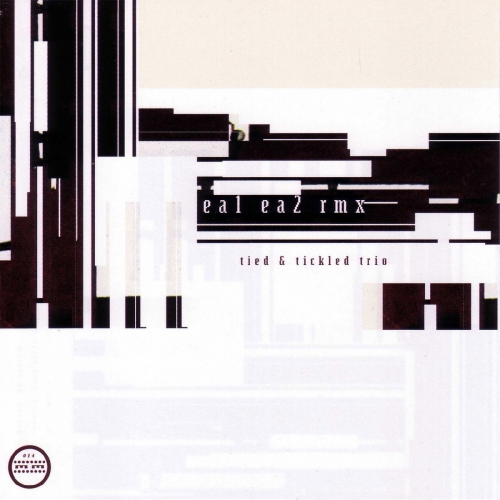Paolo Paliaga - Alboran Solo: The Wind Is Coming (2023) [Hi-Res]
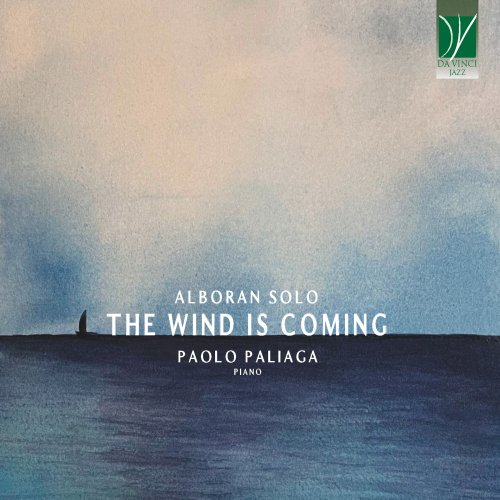
Artist: Paolo Paliaga
Title: Alboran Solo: The Wind Is Coming
Year Of Release: 2023
Label: Da Vinci Jazz
Genre: Jazz
Quality: FLAC (tracks) [96kHz/24bit]
Total Time: 1:03:46
Total Size: 845 / 226 MB
WebSite: Album Preview
Tracklist:Title: Alboran Solo: The Wind Is Coming
Year Of Release: 2023
Label: Da Vinci Jazz
Genre: Jazz
Quality: FLAC (tracks) [96kHz/24bit]
Total Time: 1:03:46
Total Size: 845 / 226 MB
WebSite: Album Preview
1. The Song of Waves (03:35)
2. Lejos (04:13)
3. You'd Be so Nice to Come Home To (03:29)
4. Surprise (02:03)
5. Nothing Serious (03:41)
6. Prism (05:39)
7. Lakes (02:39)
8. Ora Non È Allora (03:31)
9. O Grande Amor (04:28)
10. Remembering Paris (05:02)
11. Evolving Frug (04:29)
12. Cancion (04:11)
13. The Wind Is Coming (02:10)
14. Our Spanish Love Song (02:43)
15. El Pueblo Unido Jamás Será Vencido (03:31)
16. Finale Di Partita (04:14)
17. Gracias a La Vida (04:04)
Why a solo piano album? I answer this question by telling what this experience represented for me. In solo piano, all three elements of music – rhythm, harmony and melody – are concentrated in the pianist’s hands; more than on them, however, they depend on his artistic maturity, on his vision and on his aesthetical approach to the world. Harmony has a fascinating logic of its own. In the pieces’ composition, it allows for emotional itineraries which are discovered at the same moment of the composition. This is a mystery and a revelation which engenders torment and satisfaction at the same time. To encounter a progression which reveals itself in the act of its research is a gesture leading to enchantment and emotion. Rhythm is the foundation of vitality, it is ”swing”, it is beat, primeval movement, pulse, dance, the moving of things. There are many ways to express rhythm, not just one; thus, every piece possesses its own beat, and all beats must reach the listener.
Melody is perhaps the easiest to welcome, because it is singing, and singing is immediate, instantaneous; it enters, and, if it pleases, it remains, inhabiting those listening to it. The pianist plays with these three elements like a juggler sending clubs heavenwards, and walks on the thread of improvisation like a tightrope walker on his rope. To cite a famous equilibrist, “staying on the rope is living, the rest is waiting”. What is essential cannot be said because it is made by life, by one’s experience, by the people we love and we have loved, by our vision of the world, by one’s lived experience and by the context and epoch when one lives. Precisely here lies the essence of one’s musical poetics. Paraphrasing Isadora Duncan, we can say: “could I say it in words, I wouldn’t need to play it”.
The arts’ task is to reconstruct what has been broken, lost, what comes back no more but belongs to us.
In an epoch where everything can be technically reproduced, the performance error – which is inherent to the playing of a jazz piece – speaks about the human element which draws itself free from the machine and the inexorability of the technical mastery.
Many art forms still resist to this process and represent an outpost, a resistance, a refuge and a meeting place where many aspects of the human being encounter and unite with each other.
In solo piano playing there is no compromise, no safety net, or places where to hide or camouflage; the solo piano exposes the performer in all of his dimensions, and leaves no safety. For this reason, it is a total, complete, fascinating and terrible experience, all at the same time; in sum, a vital experience. Enjoy your listening!
Melody is perhaps the easiest to welcome, because it is singing, and singing is immediate, instantaneous; it enters, and, if it pleases, it remains, inhabiting those listening to it. The pianist plays with these three elements like a juggler sending clubs heavenwards, and walks on the thread of improvisation like a tightrope walker on his rope. To cite a famous equilibrist, “staying on the rope is living, the rest is waiting”. What is essential cannot be said because it is made by life, by one’s experience, by the people we love and we have loved, by our vision of the world, by one’s lived experience and by the context and epoch when one lives. Precisely here lies the essence of one’s musical poetics. Paraphrasing Isadora Duncan, we can say: “could I say it in words, I wouldn’t need to play it”.
The arts’ task is to reconstruct what has been broken, lost, what comes back no more but belongs to us.
In an epoch where everything can be technically reproduced, the performance error – which is inherent to the playing of a jazz piece – speaks about the human element which draws itself free from the machine and the inexorability of the technical mastery.
Many art forms still resist to this process and represent an outpost, a resistance, a refuge and a meeting place where many aspects of the human being encounter and unite with each other.
In solo piano playing there is no compromise, no safety net, or places where to hide or camouflage; the solo piano exposes the performer in all of his dimensions, and leaves no safety. For this reason, it is a total, complete, fascinating and terrible experience, all at the same time; in sum, a vital experience. Enjoy your listening!
![VA - From the Archive Vol. 3... compiled by Volcov (2026) [Hi-Res] VA - From the Archive Vol. 3... compiled by Volcov (2026) [Hi-Res]](https://www.dibpic.com/uploads/posts/2026-02/1772033794_a3743742618_10.jpg)
